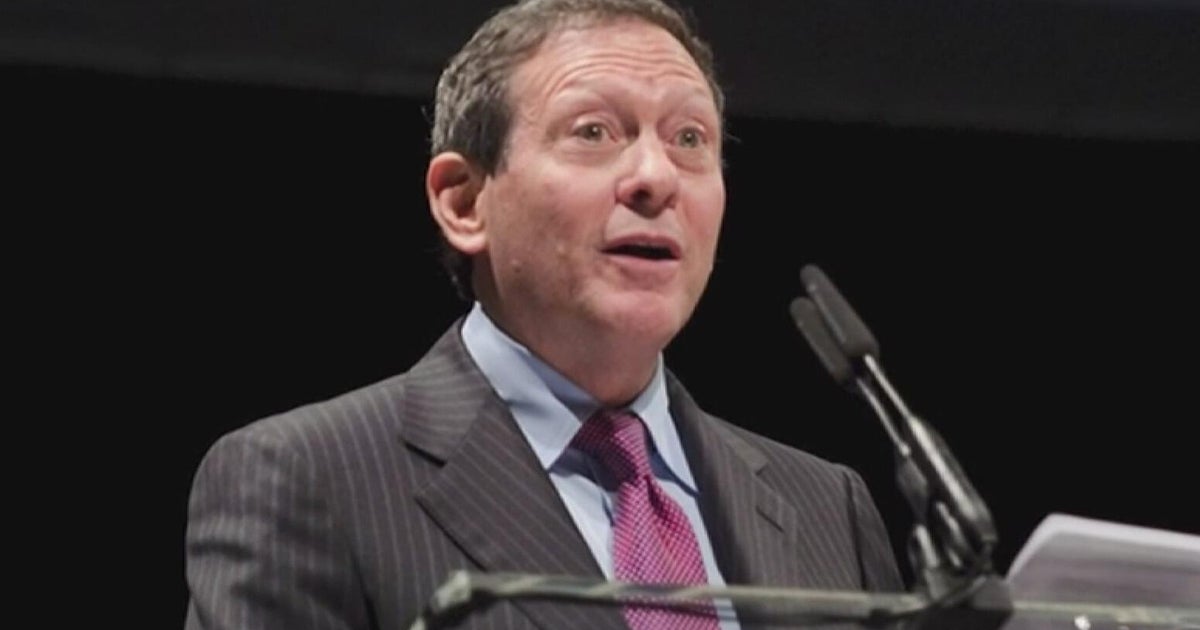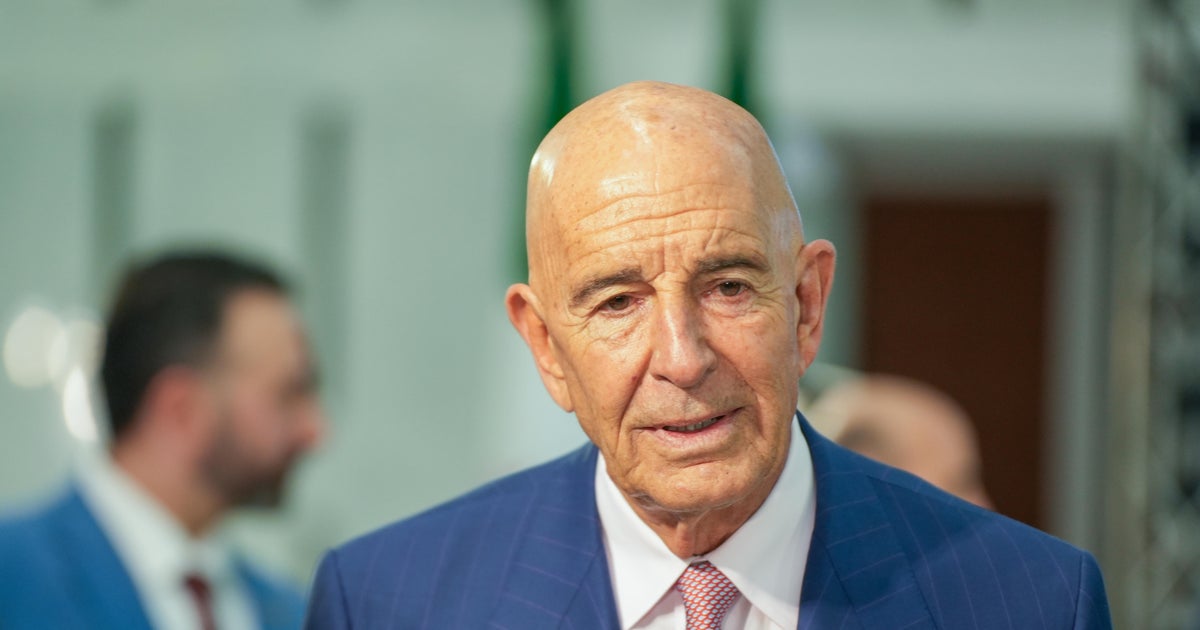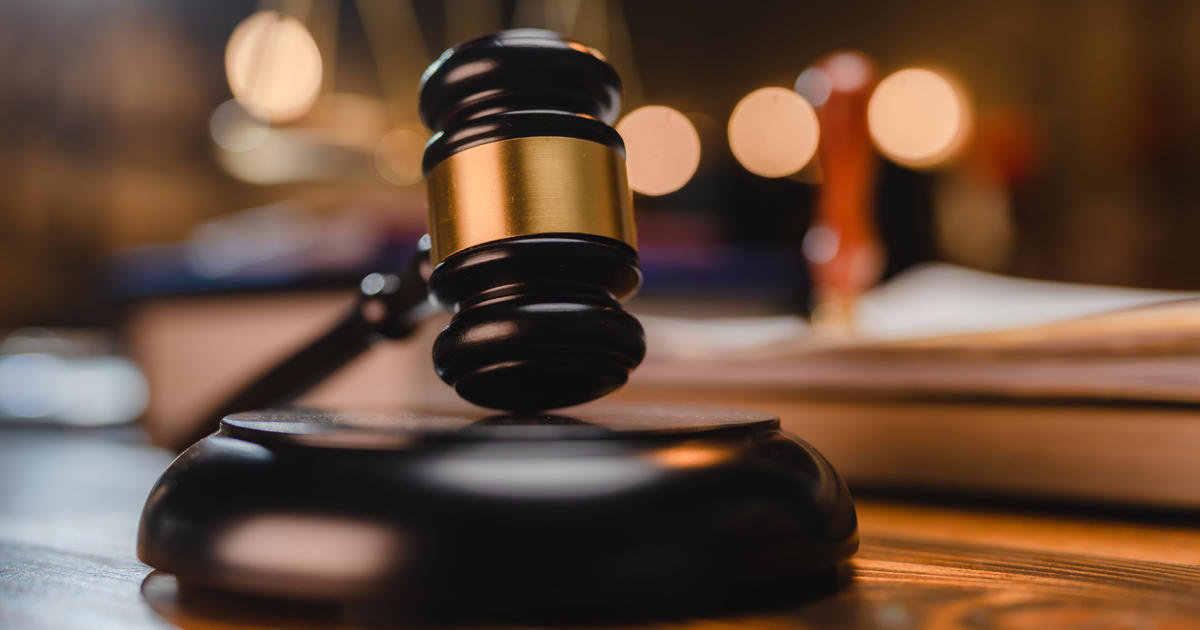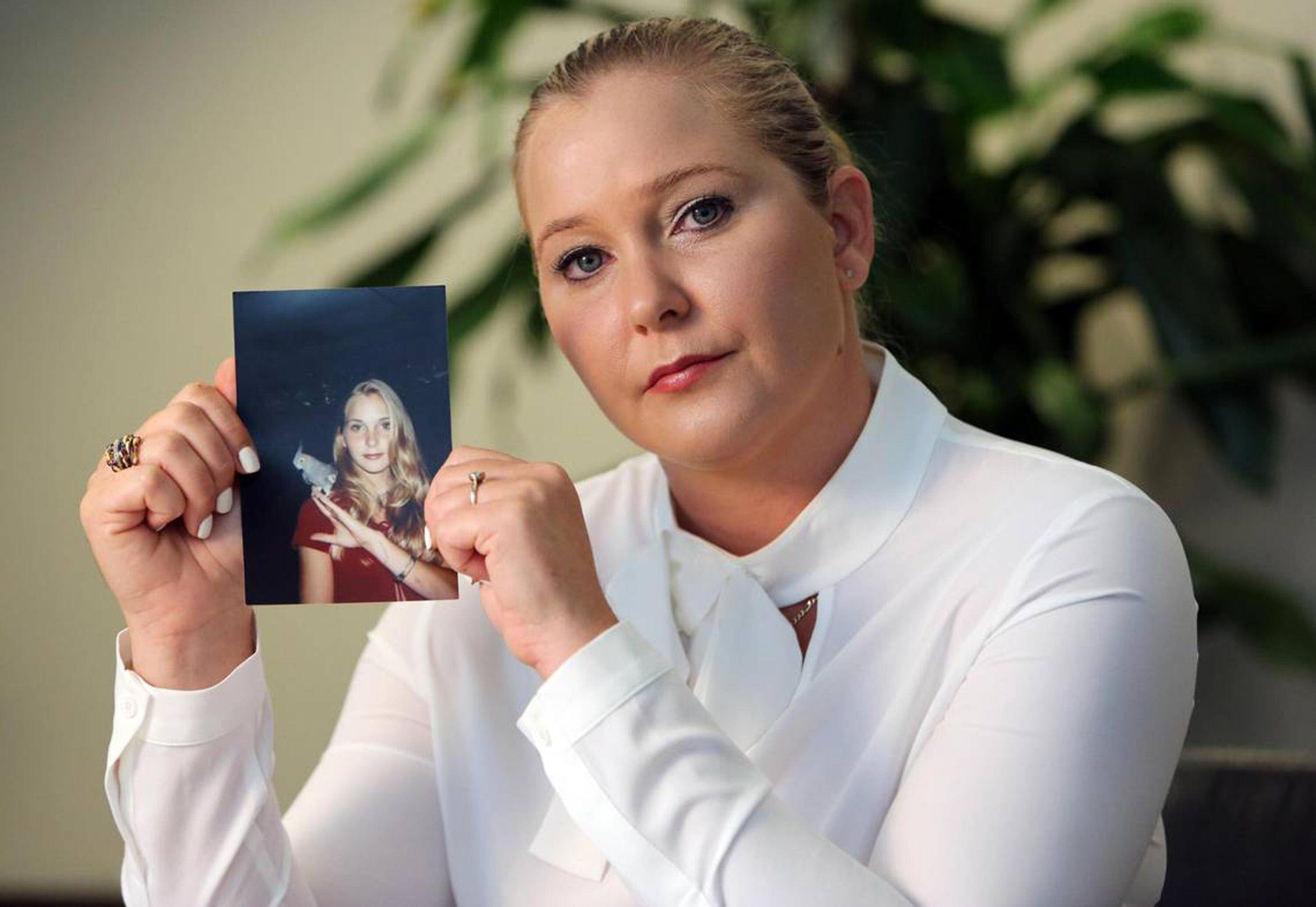Crisis and loss in the House of Windsor
In the latter half of 2019, Queen Elizabeth's son, Prince Andrew, was engulfed in the exploding criminal investigation of convicted sex offender Jeffrey Epstein. Longtime accusations resurfaced that the prince himself had had sexual relations with a teenage girl — allegations he denies.
When Gayle King asked CBS News Contributor Tina Brown how Andrew's alleged involvement affected the queen, Brown replied, "I'm sure it grieved her and disgusted her and made her very sad."
But that wasn't the only storm gathering over the Palace.
Prince Harry and his wife Meghan — the wildly popular couple who had brought so much youth and vitality to the monarchy — announced in 2020 they were stepping back as senior members of the royal family to live more independently.
The palace and the couple agreed to a 12-month review period. Harry and Meghan moved to California — their reduced roles in the royal family still to be worked out. The queen supported their decision.
"She was tremendously supportive when they wanted to be in the royal family and she also understood why they wanted to take a break," Brown said to King on the CBS News program "The Queen Carries On: A Gayle King Special."
Soon, like the rest of the world, the queen and her husband were facing another crisis: The pandemic. Queen Elizabeth and Prince Philip went into lockdown at Windsor Castle.
In a rare special broadcast, the queen assured her people with the words, "we will meet again."
Her sense of duty never wavered. In the midst of the pandemic the queen knighted Captain Tom Moore, a 100-year-old World War II veteran who raised millions of dollars to fight the deadly virus.
"The sight of those two old people together representing all that's best about, you know, courage and character and duty…It was a glorious…uplifting moment," Brown said.
Tragically, COVID-19 took Moore's life less than seven months later.
Queen Elizabeth continued to find strength in country life — what Brown called her "solace."
"I think without that, she wouldn't have been able to keep that quiet mind or…the courage," she said.
Both of which she would need in the dark days that lay ahead. Just over a year after stepping back, the queen confirmed that Harry and Meghan would not be returning as working members of the royal family.
Pregnant with their second child, Harry and Meghan sat down with Oprah Winfrey to tell their side of the story.
Referencing the Oprah interview, King said to Brown, "Harry and Meghan seemed to make it clear…that they wanted to figure out a way that they could all work together and that they could still be part of the royal family."
"The queen's view is you are in or you are out," said Brown. "Because the complexities of being half-in and half-out only make things very, very difficult."
"Does the Monarchy trump everything?" King asked Brown.
"Everything…The endurance of the Monarchy is the number one thing that the queen lives by. And if members of the family can't rise to it, then they have to lose their place in it. Which doesn't mean they lose their place in her heart," Brown answered.
"But they're going to lose their place in the system."
But in their interview, Harry and Meghan said it was that very system that failed them, did not protect them from a predatory press and did not give Meghan the help she says she asked for when she felt suicidal.
"What effect did that have on the Monarchy? As it was seen and heard around the world," King asks Brown. "I think it was a very damaging interview for the Monarchy…There were so many charges of neglect and…racism and uncaringness about mental health…that were heard by 50 million people or more."
Following the interview, Prince William, Harry's older brother and second in line to the throne, was asked by a reporter if the royal family was a racist family. He responded by saying, "we are very much not a racist family."
The Palace put out a statement on behalf of the queen, saying in part that "the issues raised, particularly that of race, are concerning. While some recollections may vary, they are taken very seriously and will be addressed by the family privately."
Royal commentator Wesley Kerr said the statement reflected "a desire always to conciliate and always to bring people together."
"I think it's quite sensible to say, 'Let's try and pursue this privately,'" Kerr said.
However, privacy has never been a privilege afforded the queen— not even when her husband of 73 years, Prince Philip, died just days before her 95th birthday. He passed away peacefully at Windsor Castle.
The world watched as Princes William and Harry walked silently behind the Land Rover bearing the casket of their grandfather.
Inside St. George's chapel during the funeral service, the queen sat alone — dressed in black, her head was bowed in solitary grief.
"It's very hard to imagine her without him," Brown said. "So she has her religious faith, which is important to console her. But it will be a very lonely time for her."
Even after losing the love of her life, the queen carries on. Her days are spent in service to a vow taken long ago.
"When that day comes for the queen, and it comes to all of us when we're no longer on this Earth, what do you think her passing will mean?" King questioned.
Brown replied, "I think we'll have lost our greatest queen. Somebody who always showed the way as a moral leader of her country."
"She always put duty first."



